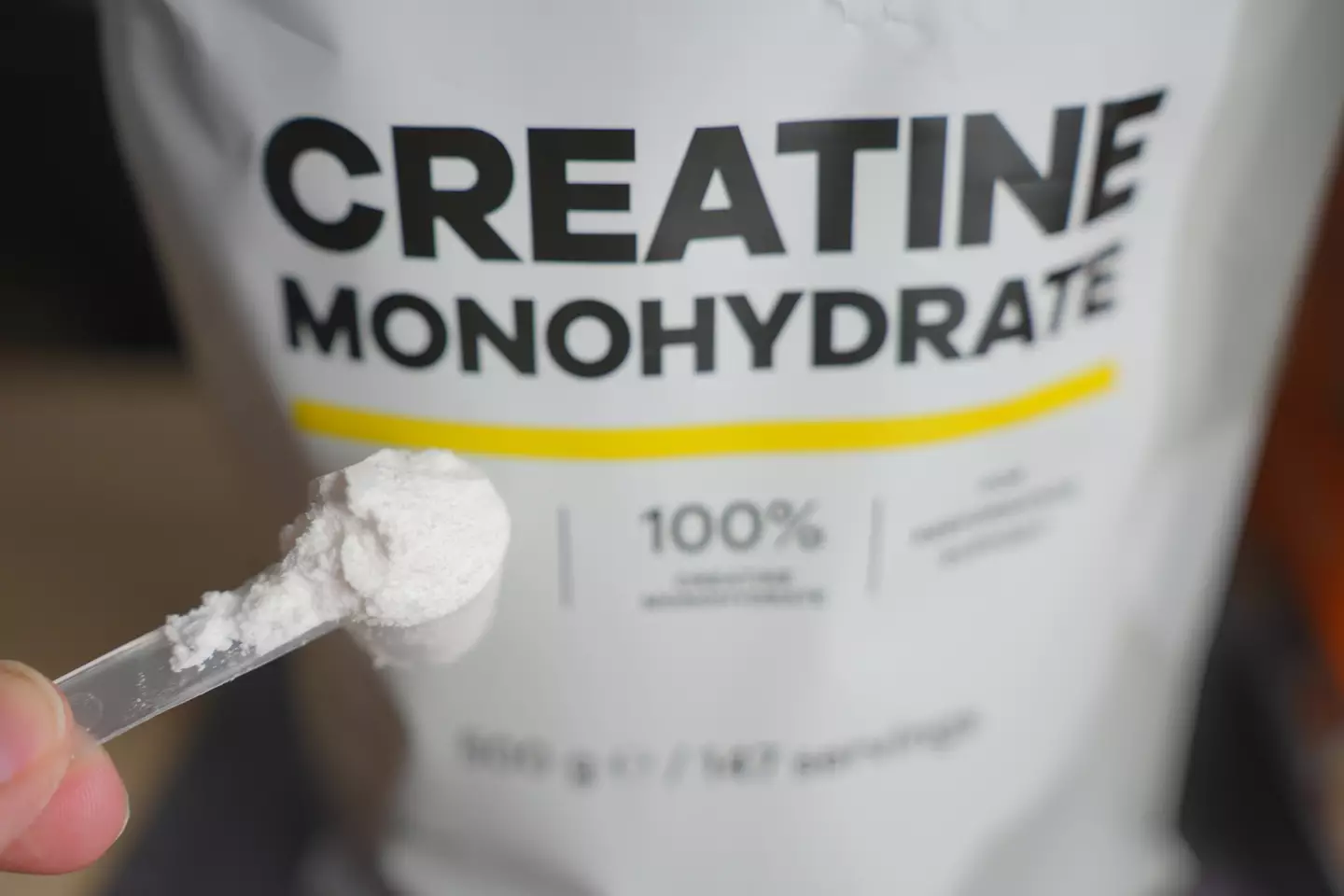
A cardiovascular surgeon with over 25 years of clinical experience has opened up about the myths of taking creatine.
Dr Jeremy London, who recently shared all the signs he ignored in the lead-up to having a heart attack, specialises in recognising heart attack symptoms and cardiac blockages.
In a video posted on his YouTube channel, the Georgia-based expert addressed a wide range of health and fitness questions during a 'Ask Me Anything' session.
He then started to talk about what he considered to be one of the most misunderstood topics in modern supplementation - creatine.
Advert
According to the Cleveland Clinic, creatine 'a natural energy source for muscles, helping them flex and providing a steady energy supply, especially during exercise'.
You've most definitely seen it advertised as a white powder, but it can also come in the form of tablets, capsules, liquids, and energy bars.
Dr London's creatine myths

Dr London clarified that creatine is not a steroid - a myth he believes has persisted for years.
"It is one of the most studied supplements on the market and it is very, very safe with a few exceptions.
"As far as the physiologic benefits, both men and women benefit the same."
He added: "Many of the concerns that women have addressed over the years are really unfounded — things like, ‘I’m going to gain water weight,’ ‘I’m going to get too bulky,’ ‘My hair is going to fall out.’ None of those things have borne out to be true."
The benefits of taking creatine

The health professional said creatine helps muscles produce and recycle ATP—the molecule that powers muscular contraction and growth.
According to Dr London, this leads to improved muscle strength, endurance and recovery, as well as measurable increases in muscle fiber growth and hydration within muscle cells.
“It can increase the size of the muscles by increasing both water mass as well as muscle fibers,” he explained.
“It enhances recovery of muscles as well by supporting muscle fiber growth.”
“In addition, recent research has shown significant neurocognitive benefits with creatine, particularly when it comes to cognitive function and reaction times.”
Once you've made sure 'what is on the label is actually in the container', Dr London suggests to take 'five grams a day' and claims that there is 'no reason' to take much more than that.
"There’s no reason to cycle on and off of it. You can stay on it long term safely. And the benefits are incredible," he said.
When creatine is not safe to take
“If your kidneys are not normal, you should not take creatine. If you’re pregnant, you should not take creatine. If you’re allergic to creatine, you should avoid creatine,” Dr London noted.